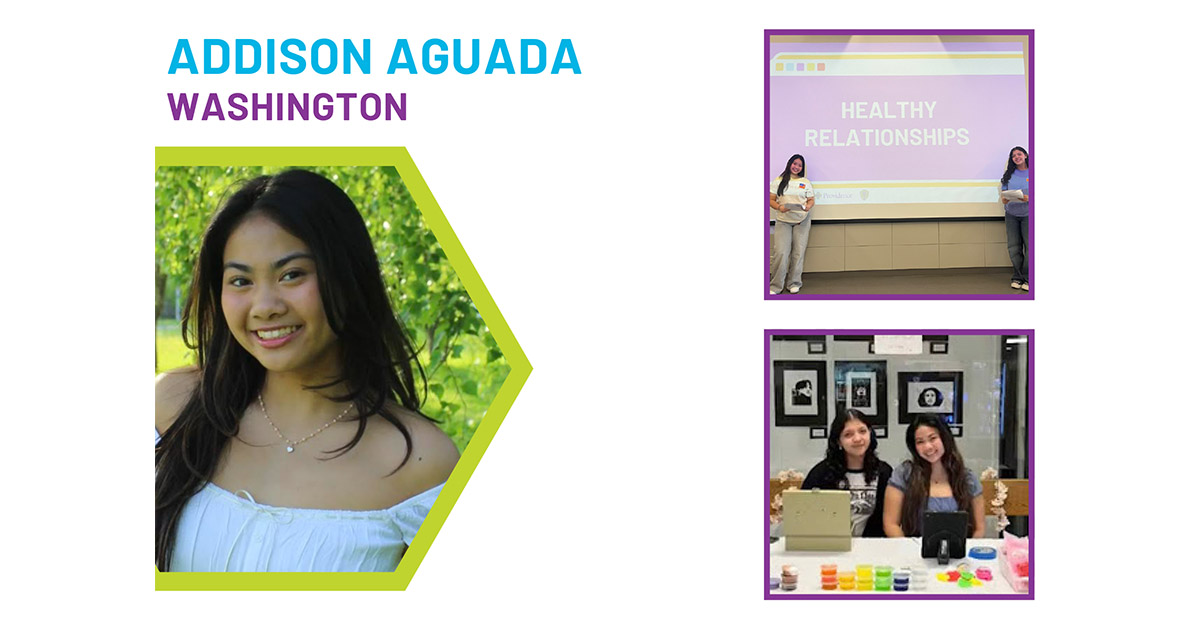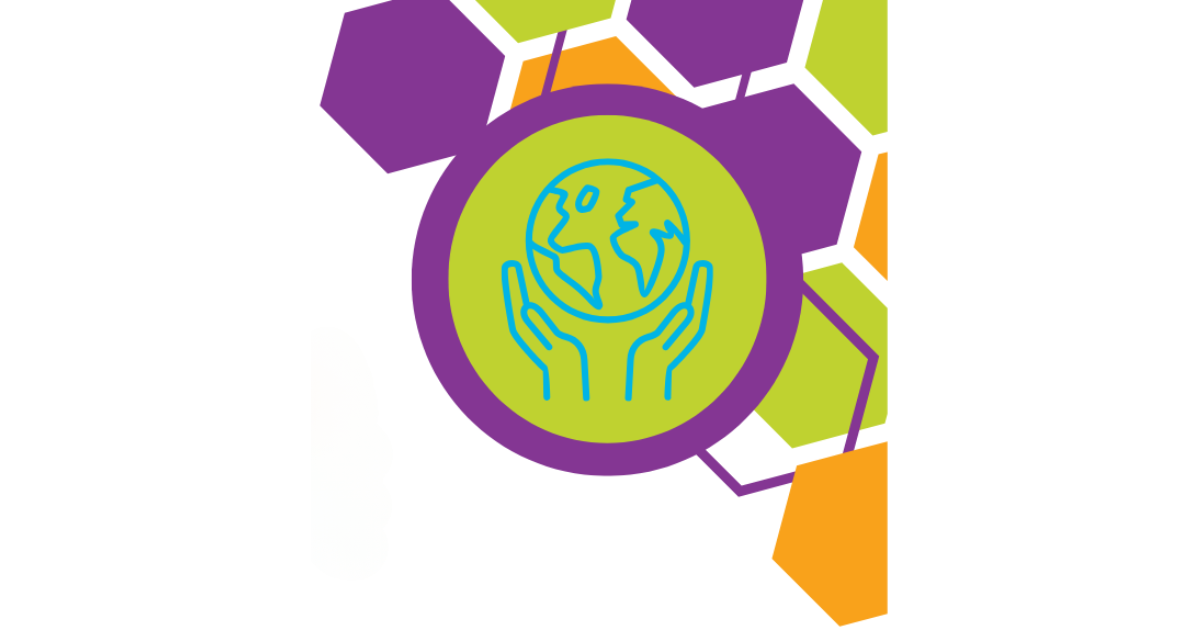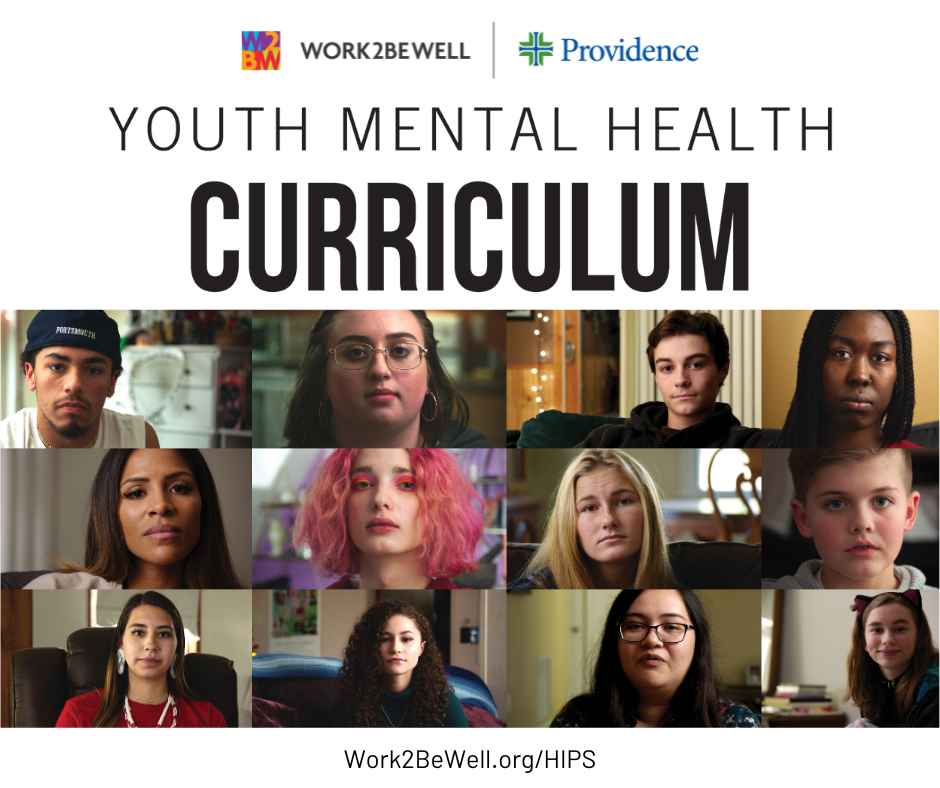As far back as she can remember, Taylor Wesley had always felt anxious. Even in elementary school, she stressed over grades and behavior reports. Anything less than the best left her feeling like a failure. Her parents shrugged it off as their little girl being a perfectionist. Wesley’s anxiety increased as she went through middle school and into high school, when her parents finally took her to see a psychiatrist. But therapy just left the teen feeling abnormal and embarrassed. When Wesley arrived as a student at Auburn University, she saw an opportunity. For the first time in her life, there were no rules. Wesley had barely ever tried alcohol; her high school had had a zero-tolerance policy. And she loved the way alcohol made her feel. Suddenly, she didn’t care what people thought, what she said, or how she looked. Her anxiety was gone — for a time. “I felt even more anxious the next day,” she says. “So, I drank more. I drank to alleviate my anxiety, but the drinking made me feel more anxious the next day, and I’d need more alcohol.”
Meanwhile, Wesley was hurting the people around her, so she started drinking alone. She didn’t really ever want to be sober. Her grades plummeted. She dropped out of school and moved back home, where she continued to sneak alcohol into her room — until one day in 2014, when she woke up in a hospital bed, her parents crying over her. The doctors told her she had come within a .02 blood alcohol concentration (BAC) from her brain shutting down. She finally had to admit to herself that she had a problem.
Substance abuse isn’t just a grown-up problem. Almost 20 percent of Americans over the age of 12 will grapple with a substance abuse disorder this year, and addiction among teenagers is growing rapidly. For decades, there has pretty much been a one-size-fits-all approach to treatment for substance abuse, whether the addict is 15 or 50. But that’s starting to change as clinicians and mental healthcare providers acknowledge that adolescents and adults possess different mindsets, face different pressures, and therefore require different care models to meet their needs.
ALMOST 20% OF AMERICANS OVER THE AGE OF 12 WILL GRAPPLE WITH A SUBSTANCE ABUSE DISORDER THIS YEAR, AND ADDICTION AMONG TEENAGERS IS GROWING RAPIDLY.
A key difference is brain growth. Unlike adults’ brains, adolescents’ brains are still developing, particularly the pre-frontal cortex that helps make rational decisions. Teenagers, whose brains are still “under construction,” tend to base their decisions on emotion. This not only puts them at a higher risk of using and becoming addicted to drugs; it also means that the abuse could more severely impact their brain growth and capacity. “Treatment for adults is focused on sobriety,” says Dani Benavente, an education and outreach specialist with Providence Health. “With adolescents, treatment is focused on a behavioral change model. This is more empowering, teaches them to evaluate the pros and cons, and enables them to make their own decisions. As teens, they’ve always been told that ‘drugs are bad.’ They hear it so many times from everyone that it loses meaning. When they come here for treatment, that’s not what we want to push in their heads.”
As teens, they’ve always been told that ‘drugs are bad.’ They hear it so many times from everyone that is loses meaning.
A different stigma surrounds treatment for teens who abuse substances, a sense that it’s uncool and something your parents make you do. While many adults choose to seek help, or, at least consent when pressured by family or authorities, adolescents feel like sobriety is being forced on them. That can change the way they react to traditional clinical approaches. “We’re finding that adolescents are more apt to be open when you tell them you’re not here to take their drugs away,” says Benavente. “I’m there to be their counselor, to help them make their own decision — not shove sobriety down their throat. They’re not in trouble; I’m not going to yell at them. They feel safe and comfortable and are then more open and truthful about their abuse.”
Once they open up, the real work can begin. Providence, one of the leaders in this behavioral approach, built their evidence-based 7 Challenges model on talking to adolescents about their personal experiences and what they would like to see in treatment. The curriculum is vetted and implemented by certified counselors, therapists, and clinicians; but the core of the program was created by teenagers for teenagers. As a result, Benavente says, she sees her young patients’ guard come down. They are honest about their substance use, both in one-on-one sessions with their therapists and in groups with other adolescents. They talk about what good they think the drug does for them and what they know is bad and detrimental to their physical and mental well-being. They take responsibility and look ahead at what they really want for their future. Many of them follow through.
7 Challenges
1.) We decided to open up and talk honestly about ourselves and about alcohol and other drugs.
2.) We looked at what we liked about alcohol and other drugs, and why we were using them.
3.) We looked at our use of alcohol and other drugs to see if it has caused harm or could cause harm.
4.) We looked at our responsibility and the responsibility of others for our problems.
5.) We thought about where we seemed to be headed, where we wanted to go, and what we wanted to accomplish.
6.) We made thoughtful decisions about our lives and about our use of alcohol and other drugs.
7.) We followed through on our decisions about our lives and drug use. If we saw problems, we went back to earlier challenges and mastered them.
“It’s not for everyone,” says Benavente. “But the benefits I’ve seen are awesome. Kids from age 13 to 18 come in from different backgrounds. They come in bright, outgoing, defiant, or timid. But when you see them turn that corner and realize that they are going to be fine, you watch the confidence grow in the decisions they make moving forward.” Wesley eventually made her own decision. She got sober and went back to Auburn to finish her education. She started speaking out about her own story, now partnering with Providence to raise awareness, first among her fellow students, and eventually among people all over the world—no matter their age.
Please know there’s always help available whenever you need to talk to someone. Reach out to the Crisis Text Line (Text TALK to 741741) or the National Suicide Prevention Lifeline at 1-800-273-TALK to talk to someone who can help.



